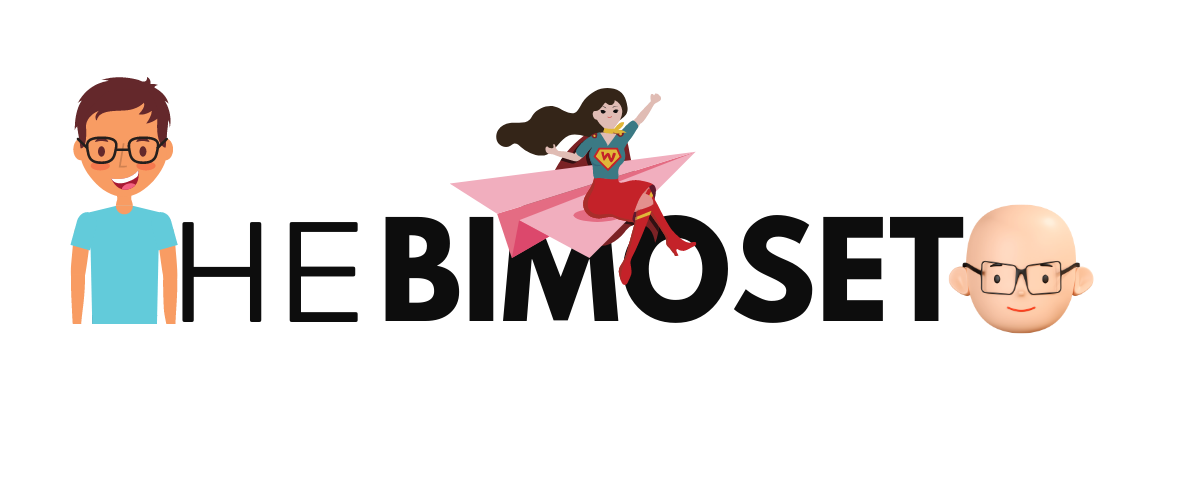In an increasingly interconnected world, international scholars play a vital role in the global exchange of ideas and knowledge. However, embarking on a research journey in the United States necessitates a clear understanding of visa requirements and the various options available. This guide demystifies the process of securing a research visa, outlining essential pathways for scholars seeking to conduct research in the U.S.
Common Visa Types for Researchers
1. J-1 Research Scholar Visa
The J-1 visa is one of the most prevalent choices for scholars wishing to engage in research and teaching activities at U.S. institutions. This nonimmigrant visa facilitates the entry of research scholars and professors into accredited universities or research facilities.
- Eligibility: Candidates must not be seeking tenure-track positions and must not have participated in a research scholar program within the last 24 months.
- Duration: Up to 5 years for research scholars and professors; short-term scholars can stay for up to 6 months.
- Considerations: Some individuals may be subject to a two-year home residency requirement upon completion of their program, necessitating them to return to their home country for two years before reapplying for certain U.S. visas.
2. H-1B Visa
The H-1B visa is another significant option for foreign nationals aiming to work in specialized occupations in the U.S. This category suits researchers, professors, and professionals in scientific fields.
- Eligibility: Applicants must hold at least a bachelor’s degree in their field and have a job offer from a U.S. employer.
- Duration: Initially up to 3 years, extendable to a maximum of 6 years.
- Cap: There is an annual limit on H-1B visas, but exemptions apply for universities and certain non-profit organizations, making this visa particularly accessible for academic researchers.
3. O-1 Visa
For those with extraordinary abilities or achievements in their field, the O-1 visa offers a prestigious route to work in the U.S.
- Eligibility: Applicants need to demonstrate significant accomplishments, such as documented awards, published articles, or memberships in prestigious organizations.
- Duration: Approved for up to 3 years, with the possibility of one-year extensions.
- Considerations: This visa does not have an annual cap, unlike the H-1B, making it a flexible option for qualifying individuals.
4. Other Visa Types
Additional visa options include the various subclasses of the J-1 visa for students and interns, the TN visa for Canadian and Mexican citizens, and the E-3 visa specifically for Australian citizens. Each of these options comes with its own requirements, timeframes, and conditions.
Application Process and Requirements
-
Initial Consultation: First, prospective scholars should consult with the appropriate institutional office or advisor, such as the Harvard International Office (HIO), to discuss their specific situation and receive guidance on the visa selection process.
-
Documentation: Essential documents typically include:
- A valid passport
- An invitation or offer letter from the U.S. institution
- Evidence of academic qualifications
- Financial documentation proving the ability to support oneself during the stay
-
Application Submission: Once the necessary documents are prepared, the visa application can be completed and submitted. Be mindful of the lead times required for processing—generally, applications should be initiated at least 3 to 6 months prior to the intended start date.
-
Visa Interview: In many cases, applicants may be required to attend an interview at a U.S. consulate or embassy, where they will need to present their documentation and generally demonstrate their ties to their home country.
Conclusion
Navigating the complexities of U.S. visa requirements can be challenging, especially for international scholars aiming to contribute to academic and scientific discourse. Understanding the various visa categories and their specific eligibility criteria is crucial in making informed decisions. By planning ahead and consulting with knowledgeable advisors, scholars can overcome bureaucratic hurdles and embark on a fruitful research journey in the United States.
————————————————————————
Follow the Bimoseto family as we explore the world, one delicious dish at a time! Get our travel tips, restaurant recommendations, and adventure stories – and get inspired for your journeys!

